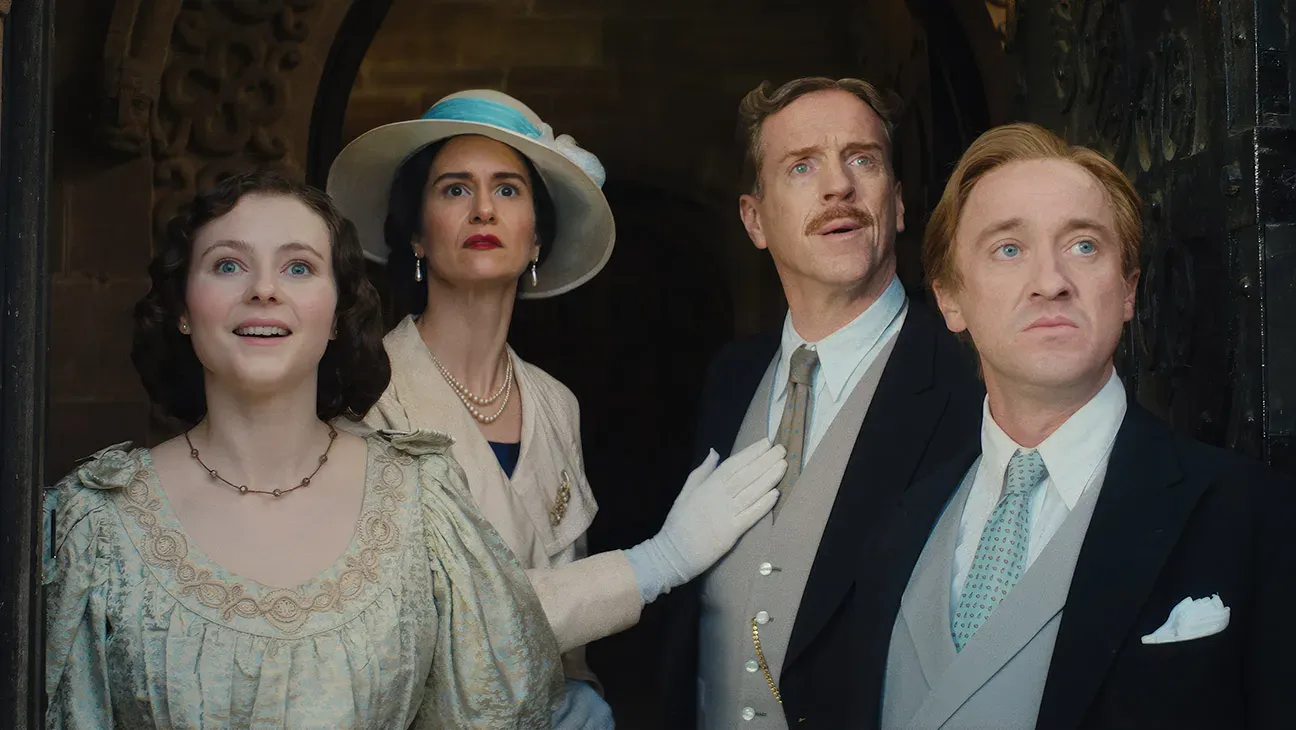
Bonhoeffer (2024) - Movie Review
- Nov 30, 2024
"Bonhoeffer", if debuted just two years earlier, could have been perceived as simply another historical drama highlighting the courage of Germans opposed to the Nazi regime. However, its release now reflects with an unnerving familiarity to the political atmosphere of today.
The film showcases the late 1930s, when Hitler supporters disseminated a modified version of the Bible, that recast Jesus as a pure Aryan and pledged allegiance to the Fuhrer. The movie, authored and directed by Todd Komarnicki, best recognized for the screenplay of Clint Eastwood's "Sully", delineates the ease with which Hitler managed to gain the loyalty of the German public in the aftermath of World War I, by exploiting emotions of anger, suspicion and injured national pride.
The monologue of a character comments on the Nazis' tactic of blaming Jews and Communists for Germany's troubles, thereby gaining public support. Despite the propaganda, not all Germans were fooled, but those who bought into the deceit were enough for Hitler's purpose.

Jonas Dassler portrays Dietrich Bonhoeffer, the devout yet boldly outspoken Lutheran minister, who discerns the potential threat of Hitler's regime early on and gradually gets involved in the resistance as he witnesses atrocities like the Jews' persecution and the harsh silencing of his fellow clergymen. Bonhoeffer goes as far as making a perilous trip to England aiming to persuade Winston Churchill to aid in overthrowing Hitler, which did not pan out due to Churchill's reluctance for drastic measures at the time.
Bonhoeffer later becomes an eager participant in a plan to kill Hitler, despite resistance by his secret group's members. The narrative traces Bonhoeffer's transformation from a spoiled child of a prosperous family to a political prisoner at the Buchenwald concentration camp. The narrative largely unfolds in flashback, as Bonhoeffer, padlocked by the SS, recounts his life's journey while writing in his own Bible in the camp.
Director Komarnicki employs a few dramatic clichés to drive the narrative and suspense, such as a thwarted assassination attempt on Hitler juxtaposed with Bonhoeffer's rehearsal of an anti-Nazi speech in a Harlem church. Furthermore, Dassler's portrayal of Bonhoeffer's mixture of enthusiasm, sincerity, bravery, and occasional fear, bolstered by well-cast supporting roles, lends credence and emotional depth to the narrative. Hence, "Bonhoeffer" serves as an eerie reminder of Faulkner's words, “The past is never dead. It’s not even past."







